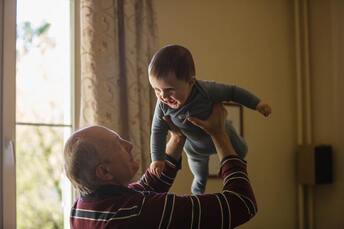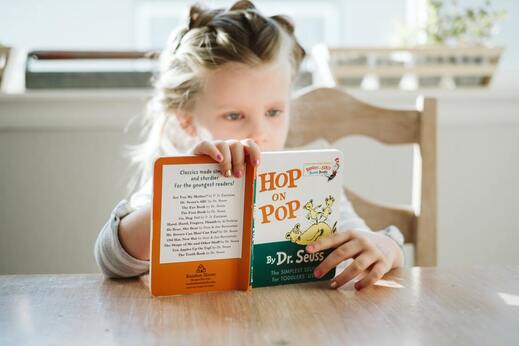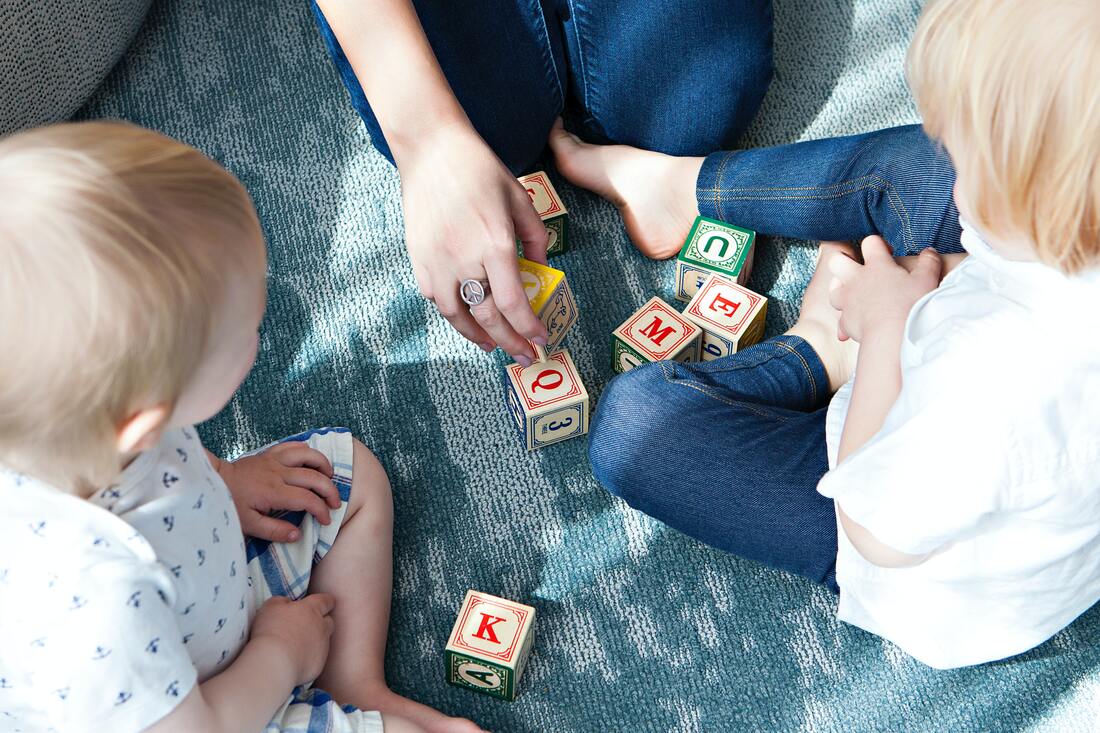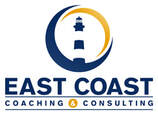Childhood Conditioning - How You Wrote Your Life Script
“I am not what happened to me, I am what I choose to become.” Carl Jung
A Note for Parents: While it may be tempting to solely consider this material in relation to your offspring, remind yourself that the better you can understand your own life experience and raise your own self-awareness, the more authentically connected you will be with those around you, including your children.
|
Why is it important to understand your childhood conditioning when you’re trying to make positive changes in your life?
Because it is that very wiring, from childhood, that is dictating how you navigate through your present-day experience.
It's dictating what you believe, what you think, how you feel, how you act and react, how you express (or don't express) yourself, how you interact with others, how happy you are with your work...you get the point. Most people have no idea just how often they are completely on autopilot, acting out habitual patterns, while mistakenly believing they have agency in their lives. It's when you're willing to go beneath the surface and uncover what's lingering from the past that more core-level change can be achieved. It's by becoming more mindful that you can uncover outdated core beliefs and limiting ways of seeing things that are blocking your full potential. |
It's important to note that by exploring our childhood conditioning, core beliefs, and emotional wounds we are in no way trying to place blame, shame, or point fingers at our caregivers.
They did the best they could. But most of us were raised by people who had little awareness or guidance around their own painful beliefs or true nature. They only passed down what they knew.
They did the best they could. But most of us were raised by people who had little awareness or guidance around their own painful beliefs or true nature. They only passed down what they knew.
|
Each time you felt unsafe, unseen, unloved, or powerless in childhood, it had the potential to create an emotional wound. If there were other times where you felt safe, loved, seen, and empowered, it helped to balance things out.
But regardless, it’s impossible to navigate through childhood and adolescence without being emotionally wounded. |
In most cases, your caregivers weren’t intentionally being malicious. They weren’t trying to limit you or cause you to struggle later in life.
In most cases, they were well-intentioned in training you to see + experience the world exactly as they did – their objective was to keep you safe.
They weren’t consciously aware that they were also passing along their biases, misinterpretations, judgments, and faulty opinions (many of which they took on from their own parents or caregivers).
In most cases, they were well-intentioned in training you to see + experience the world exactly as they did – their objective was to keep you safe.
They weren’t consciously aware that they were also passing along their biases, misinterpretations, judgments, and faulty opinions (many of which they took on from their own parents or caregivers).










